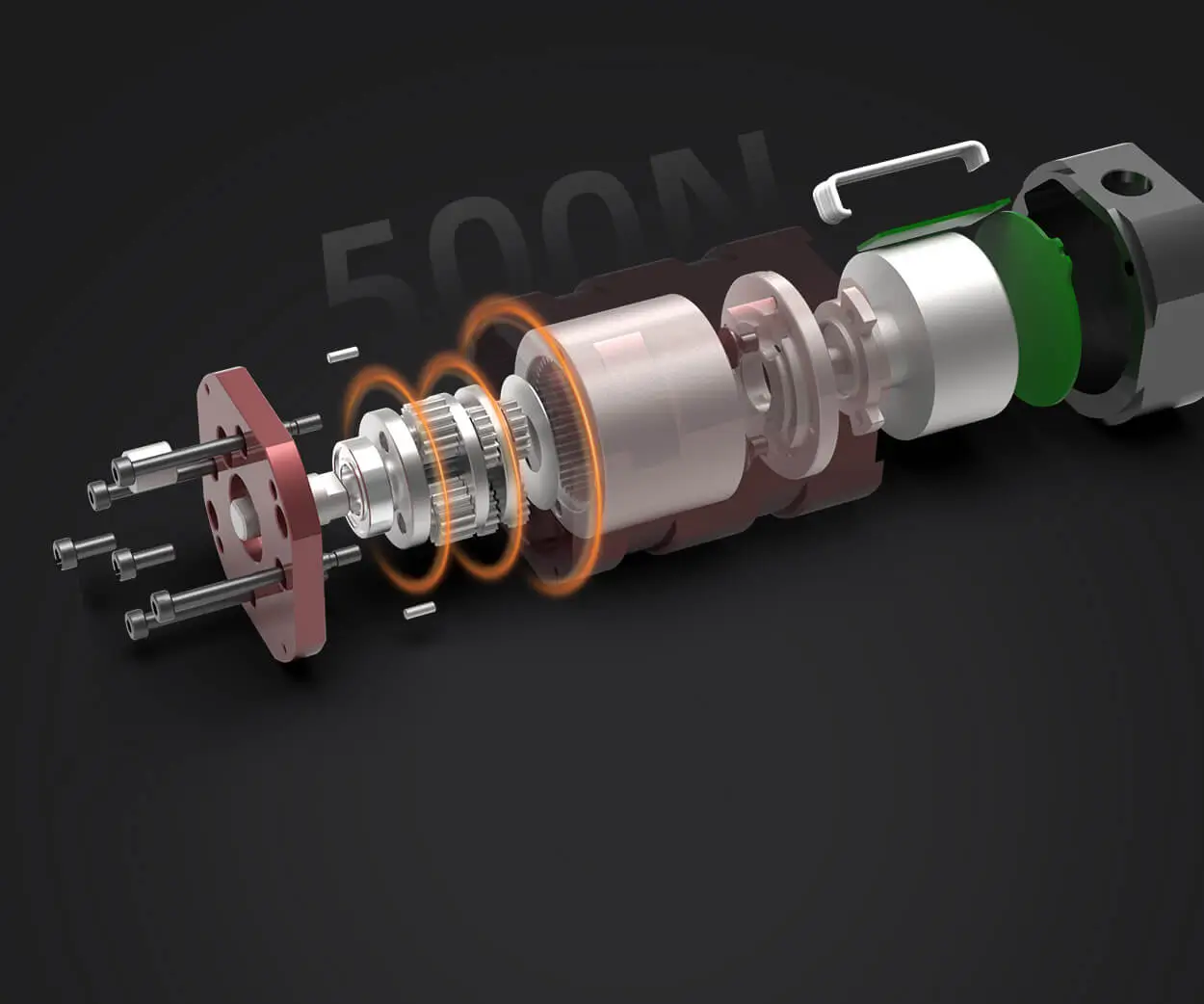In today’s fast-paced industrial landscape, the heartbeat of manufacturing and machinery hinges on two essential components: motors and gearboxes. These seemingly humble parts play a pivotal role in transforming raw energy into precise motion, powering everything from assembly lines to advanced robotics. As industries evolve toward smarter, more efficient systems, the importance of reliable, innovative motor and gearbox suppliers has never been greater.

The Backbone of Modern Machinery
Motors, whether electric, hydraulic, or pneumatic, are the primary energy converters that set machines into motion. Gearboxes, on the other hand, act as the intermediaries, fine-tuning and controlling the speed, torque, and direction of the drive. Their synergy ensures machinery operates optimally, delivering performance requirements across a broad spectrum of applications.
Leading motor and gearbox suppliers have become more than just vendors—they are strategic partners in the quest for efficiency. Their R&D efforts focus on developing products that reduce energy consumption, minimize downtime, and extend equipment lifespan. These companies invest heavily in innovation, driven by the demands of industries such as automotive, aerospace, robotics, and energy.
Trends Shaping the Supply Chain
Several key trends are redefining the landscape for motor and gearbox suppliers:
Customization and Flexibility: As production lines become more agile, suppliers must tailor solutions to match specific operational needs, leading to a surge in bespoke motor and gearbox units. IoT and Smart Technologies: The integration of sensors and connectivity features into motors and gearboxes enables real-time monitoring, predictive maintenance, and enhanced control strategies—all crucial for Industry 4.0. Sustainability Focus: Eco-friendly designs that prioritize energy efficiency and recyclable materials are increasingly standard, aligning with global environmental goals. Global Supply Networks: Expanded supplier networks and manufacturing hubs facilitate faster delivery and broader coverage, ensuring industries worldwide can access advanced components.
Challenges for Suppliers
Despite promising trends, several challenges face those in the motor and gearbox supply chain:
Supply Chain Disruptions: Like many sectors, the recent global disruptions have impacted the availability of raw materials and manufacturing capacity. Technological Complexity: Developing high-precision, durable, and intelligent motors and gearboxes requires significant expertise and infrastructure investment. Cost Management: Balancing innovation with cost competitiveness remains a constant challenge, especially in highly competitive markets. Regulatory Compliance: Navigating different safety, emissions, and environmental standards across regions necessitates adaptable designs and rigorous testing.
The Value Proposition for End-Users
Industrial companies rely heavily on motor and gearbox suppliers not just for component supply but for strategic benefits:
Reliability: Ensuring minimal downtime and maintenance costs. Customization: Meeting unique operational specifications. Innovation Adoption: Gaining early access to emerging technologies such as brushless motors, harmonic gearboxes, or energy harvesting solutions. Technical Support: Access to design assistance, testing, and after-sales services enhances operational continuity.
The Rise of Niche and Specialized Suppliers
While large multinational corporations dominate the market, an increasing number of niche players focus on specialized solutions for particular sectors or unique applications. These smaller suppliers often excel in bespoke manufacturing, rapid prototyping, or providing highly durable components suited for extreme conditions, such as deep-sea or space applications.
Looking Ahead: Industry Trends and Opportunities
The future of motor and gearbox supply is bright, bolstered by ongoing technological advances:
Electrification and Automation: As industries move toward electrified vehicles and automated systems, demand for advanced motors and gearboxes will skyrocket. Customization and Modular Designs: Modular units allow easier upgrades and tailored configurations, supporting flexible manufacturing. Digital Twins and Simulation: Virtual testing reduces development cycles, leading to faster innovation and customization. Sustainable Manufacturing: Emphasis on green energy sources and eco-friendly materials will influence product design and manufacturing processes.
These trends underscore the pivotal role of innovation-driven suppliers who can keep pace with rapid technological evolution while maintaining quality and reliability.
Once you're ready, I can prepare the second part, focusing on case studies, detailed industry applications, and strategic insights for stakeholders involved in motor and gearbox supply chains.
Kpower has delivered professional drive system solutions to over 500 enterprise clients globally with products covering various fields such as Smart Home Systems, Automatic Electronics, Robotics, Precision Agriculture, Drones, and Industrial Automation.




































